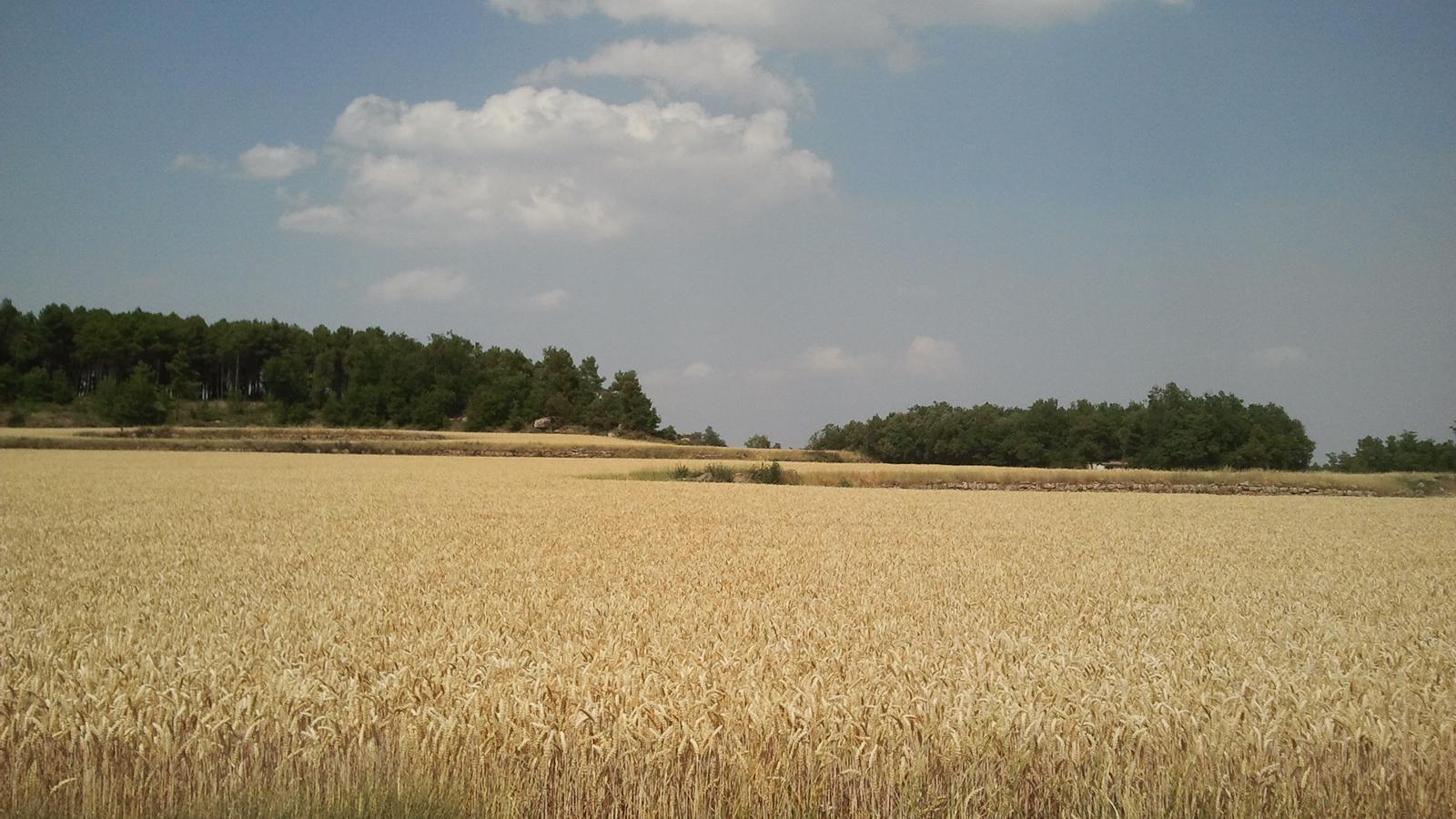Shortage of chicken, sausages or vegetable oil: this is how the ban on Ukrainian food exports affects you
Zelensky's government prevents export of various cereals, sugar, meat and salt until the end of the year


BarcelonaUkraine is known as Europe's breadbasket. Last year alone, the country led by Volodymir Zelensky produced 86 million tons of grain and is one of the world's leading exporters of cereals. The data is convincing: it is the fourth biggest exporter of corn (16%) and wheat (12%) and the largest exporter of sunflower oil, with 50% of world exports, followed by Russia with 30%. Moreover, 41.3% of the corn that Spain receives comes from Ukraine (in the European Union it is 55%) and the same happens with 10% of the wheat.
Given these figures, it is clear that the export ban made official this Wednesday by Zelenski's country on some cereals (rye, barley, buckwheat, millet), as well as sugar, salt and meat until the end of this year, will have an even greater impact on many agri-food companies, both Catalan and Spanish, which are already suffering for their future. But not only has Ukraine banned the export of some foods: this Wednesday the Russian government has announced that it will follow the same steps both in products and raw materials, although it has not specified which ones (it will do so in the coming hours). Putin's executive, however, is doing this in response to US President Joe Biden's veto of Russian gas and oil.
One of the most important companies in Spain's agri-food sector explains to ARA that its cereal stock will last until October, and that the only way to obtain more is to buy in South American countries such as Argentina. However, this shortage will be even worse next year, because Ukraine plants its cereal mainly between March and May, and as it will obviously not be able to do so this year, in 2023 it will have no products to export.
How will this lack of food affect consumers?
The president of the Catalonia's Oil Producers Association, Ramon Millàs, explained this weekend to this newspaper that the lack of oil can cause shortages of some foods. This statement is also corroborated by the head of the Farmersp Union, Miquel Piñol, with regards to cereals. "Farms have feed reserves for five weeks; without them they will be unviable, because the price of cattle feed will end up being more expensive than the price at which meat is sold," he specifies. Translated, this means that supermarket shelves could see the presence of all types of meat plummet: from pork and beef to chicken, and also, obviously, processed meat, such as sausages. In addition, the price of pork will skyrocket. "We will have to rethink the food we eat," warns Piñol.
The rise in cereal prices will also have repercussions, he adds, on the price of products such as flour and, as a consequence, of staples such as bread.
Spanish government sources have assured this Wednesday that they are already working both at state and European level to guarantee the supply of cereals. "Within the framework of the PEC we are coordinating ourselves to be able to increase the production in Spain and import more and in a fast way", these sources specify. One of the solutions proposed by the central executive is to buy in South America and the United States, but Piñol warns that they will be of lesser quality because their cereals have "traces of herbicide".
As for vegetable oil, in some supermarkets the price has already skyrocketed and even the number of bottles that can be purchased is limited. "A little over a week ago the 25-liter bottle of sun-tour oil could be bought for €25, and this Wednesday I paid €50; double the price in just one week," explains a restaurateur from Lleida, who admits that the sector will have to end up passing on part of this increase in prices to consumers.
The lack of vegetable oil affects much of the food industry, but also the automotive industry. Among the many companies that depend on this product are canning companies, some of which are already beginning to suffer stock breakages, or those that make chocolate products.
